Panel discussion on sustainable finance within the framework of the World Conference on Tobacco Control 2025. |
From June 23 to 25 in Dublin, Ireland, the World Conference on Tobacco Control 2025 took place with the participation of hundreds of delegates from governments, health organizations, research institutes and civil society around the world.
This is an annual event organized by the International Union Against Tuberculosis and Lung Disease (The Union), with the support of the World Health Organization (WHO), the Government of Ireland and Bloomberg Philanthropies.
Ensure sustainable financing for tobacco control programs
As many countries face cuts in public health budgets and the expansion of tobacco industry marketing strategies, this year's World Conference on Tobacco Control focuses on solutions to ensure sustainable financing to promote effective implementation of the WHO Framework Convention on Tobacco Control (FCTC).
At the conference, the World Health Organization (WHO) and international partners emphasized the importance of increasing each country’s financial resources to sustain tobacco control programs in the long term, especially in low- and middle-income countries – where most programs still depend on international aid and face serious budget deficits. Although the cost of implementing tobacco control programs is not high, the effectiveness they bring is very large in terms of public health and economy.
In 2017, average expenditure on tobacco control was just $0.01 per capita in middle-income countries, and $0.0048 per capita in low-income countries. To address this, the FCTC calls on governments to increase domestic financial investment. This is seen as the foundation for maintaining sustainability, reducing the burden of disease, saving treatment costs and moving towards a healthy, developed society.
Over the past two decades, tobacco control worldwide has been one of the outstanding achievements in the field of public health. Accordingly, the global tobacco use rate has decreased from 22.7% in 2007 to 17.3% in 2021. This achievement was achieved thanks to the application of tobacco control policies based on scientific evidence by many countries, following the guidelines of the Framework Convention on Tobacco Control (FCTC) of the World Health Organization (WHO), thereby helping to save millions of lives from illness and premature death caused by smoking.
Approximately 5.6 billion people (71% of the world’s population) are protected by at least one tobacco control policy under the FCTC. Reputable international and scientific organizations have contributed actively, creatively and persistently in working with countries to implement effective interventions.
Despite progress, tobacco control remains a work in progress. Implementation of public health policies remains challenging. In some countries, the tobacco industry has used sophisticated marketing techniques such as social media promotion, attractive product flavors and brand positioning to attract young people – especially those near schools.
Investing in tobacco control has clear benefits: health protection, reduced health care costs, increased tobacco tax revenues and public support. In a context of tight health budgets, this is a reasonable and sustainable solution – a prerequisite for strong political will and inter-sectoral coordination.
Vietnam shares its experiences with the world
Within the framework of the thematic discussion on sustainable finance, Vietnam shared lessons learned on establishing and operating a stable financial mechanism for tobacco harm prevention and control (PCTHTL).
Delegates participating in discussion at the Conference. |
Ms. Phan Thi Hai – Deputy Director of the Tobacco Harm Prevention Fund – emphasized the important role of strong political commitment from the Party, National Assembly and Government of Vietnam to the work of preventing and combating the harmful effects of tobacco and protecting people’s health. From that foundation, Vietnam issued the Tobacco Harm Prevention Law and established the Tobacco Harm Prevention Fund in 2013. The Fund is funded by compulsory contributions from enterprises manufacturing and importing tobacco products.
In addition to the financial mechanism, the Fund management model is also highly appreciated for its multi-sectoral, transparent and evidence-based nature. The Fund is chaired by the Ministry of Health and has the participation of many other ministries and sectors, operating on the principle of funding based on output results. The selection, planning, monitoring and evaluation processes are all carried out publicly and scientifically, with programs built and implemented based on reliable data and practical evidence.
Thanks to this approach, Vietnam has achieved many remarkable results: the smoking rate among adults decreased from 23.8% (2010) to 20.8% (2021); the rate of exposure to secondhand smoke decreased from 73.1% to 45.6%. The National Assembly passed Resolution 173/2024/QH15, officially banning e-cigarettes, heated tobacco products and new addictive products from 2025. At the same time, in June 2025, the National Assembly continued to pass the Law on amending the special consumption tax, establishing a mixed tax system and a roadmap for increasing tobacco taxes until 2031. Notably, WHO awarded the Vietnamese Ministry of Health the World No Tobacco Day 2025 Award in recognition of its leadership in controlling new tobacco products.
Also at the Conference, experts at the Conference once again affirmed: Investing in tobacco control is one of the most effective health and economic strategies. In a period when public health resources are under pressure, building a sustainable domestic financial mechanism is not only an urgent requirement, but also a prerequisite for protecting public health and sustainable development.
Minh Trang
Source: https://baophapluat.vn/viet-nam-chia-se-kinh-nghiem-tai-chinh-on-dinh-trong-chong-tac-hai-thuoc-la-den-the-gioi-post552761.html


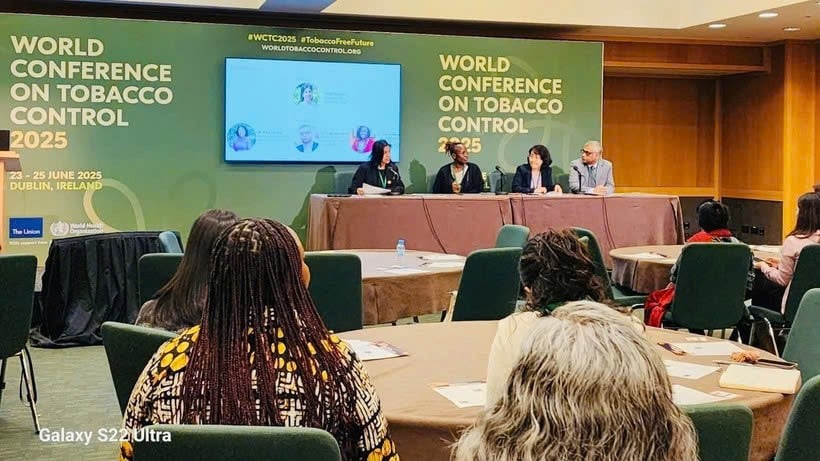
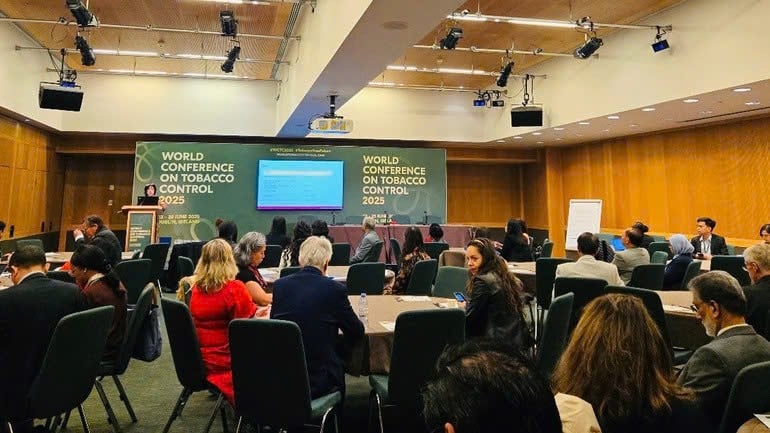



![[Photo] National Assembly Chairman Tran Thanh Man received a delegation of the Social Democratic Party of Germany](https://vphoto.vietnam.vn/thumb/1200x675/vietnam/resource/IMAGE/2025/10/28/1761652150406_ndo_br_cover-3345-jpg.webp)
![[Photo] Flooding on the right side of the gate, entrance to Hue Citadel](https://vphoto.vietnam.vn/thumb/1200x675/vietnam/resource/IMAGE/2025/10/28/1761660788143_ndo_br_gen-h-z7165069467254-74c71c36d0cb396744b678cec80552f0-2-jpg.webp)
![[Photo] Draft documents of the 14th Party Congress reach people at the Commune Cultural Post Offices](https://vphoto.vietnam.vn/thumb/1200x675/vietnam/resource/IMAGE/2025/10/28/1761642182616_du-thao-tai-tinh-hung-yen-4070-5235-jpg.webp)


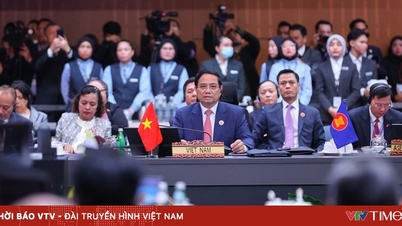







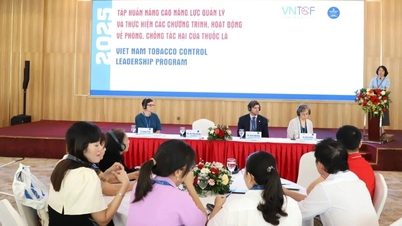

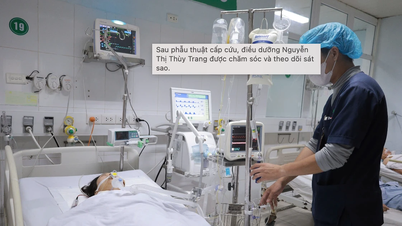



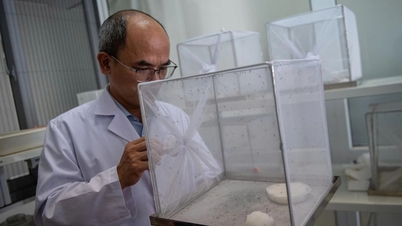













![[Photo] President Luong Cuong attends the 80th Anniversary of the Traditional Day of the Armed Forces of Military Region 3](https://vphoto.vietnam.vn/thumb/1200x675/vietnam/resource/IMAGE/2025/10/28/1761635584312_ndo_br_1-jpg.webp)



















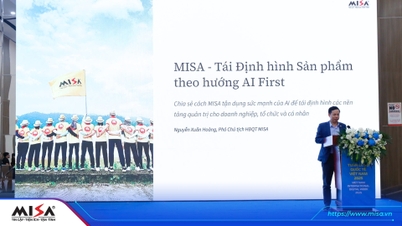











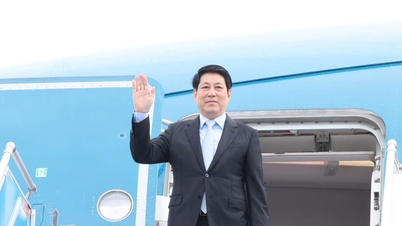



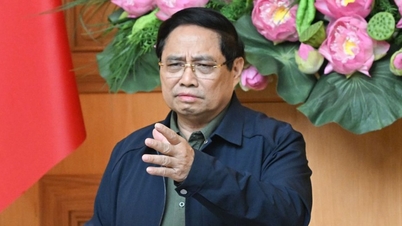





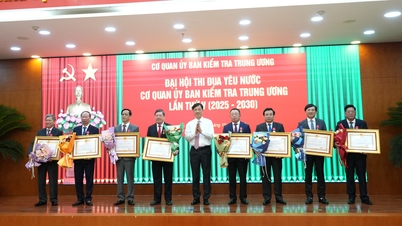


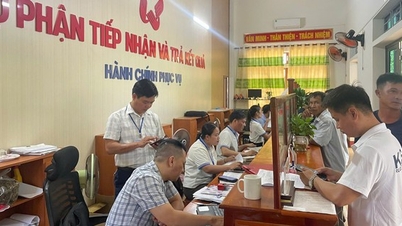

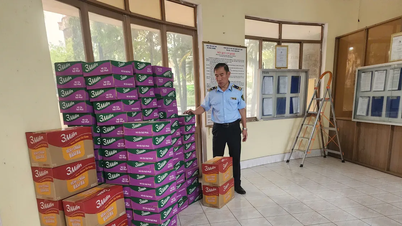



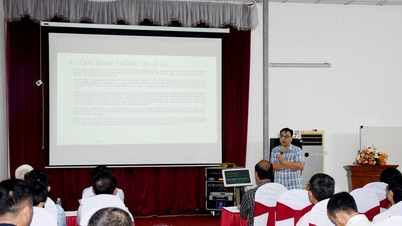


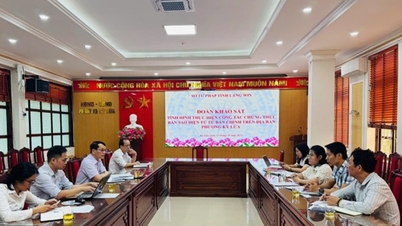
















Comment (0)